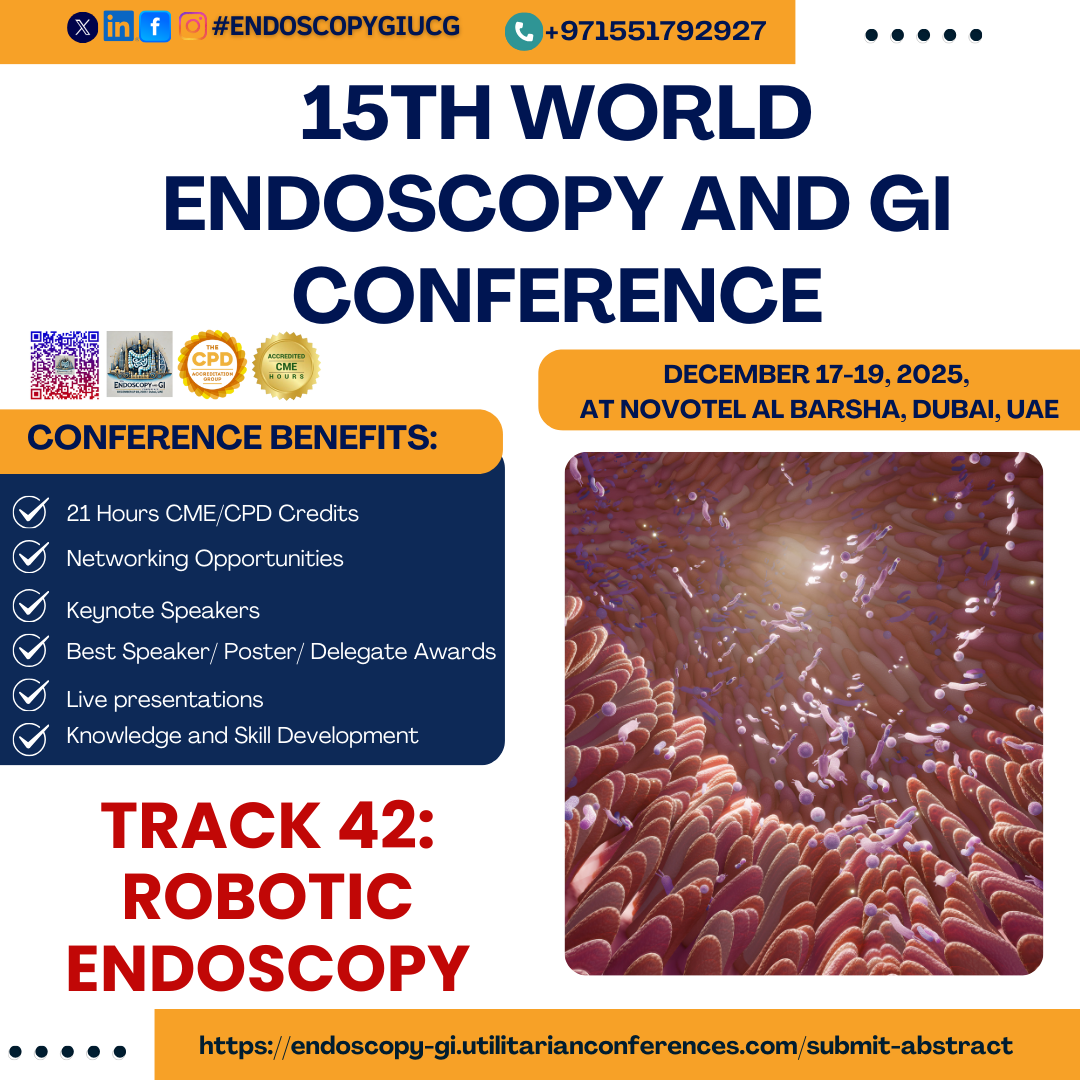



Endoscopy is a medical procedure that allows healthcare providers to examine the...

The gastrointestinal (GI) system, also known as the digestive system, is a complex...

Robotic endoscopy represents a groundbreaking advancement in minimally invasive procedures, combining precision engineering with cutting-edge technology. It allows physicians to diagnose and treat complex gastrointestinal (GI) disorders with enhanced accuracy, control, and safety.
Flexible Robotic Endoscopy – Designed for navigating intricate pathways within the GI tract.
Capsule Robotic Endoscopy – Ingestible capsules with robotic features for detailed visualization and data collection.
Robotic-assisted Colonoscopy – Improves maneuverability, reducing patient discomfort and enhancing detection rates.
Endoscopic Robotic Surgery – Enables therapeutic interventions like tumor resections, suturing, and stenting with robotic precision.
Enhanced Precision: Provides steady and controlled movements for accurate interventions.
Minimally Invasive: Reduces trauma, recovery time, and hospital stay.
Improved Visualization: High-definition imaging and 3D views for better diagnostics.
Patient Comfort: Less pain and discomfort compared to conventional techniques.
Accessibility: Potential for reaching hard-to-access areas of the GI tract.
Training & Efficiency: Offers advanced platforms for medical education and surgical training.
The integration of AI, machine learning, and automation will further expand the role of robotic endoscopy, making procedures faster, safer, and more effective. The technology promises to redefine the standard of care in gastroenterology worldwide.
#RoboticEndoscopy #EndoscopyConference #GIInnovation #MinimallyInvasive #RoboticSurgery #FutureOfMedicine #Gastroenterology #MedicalTechnology